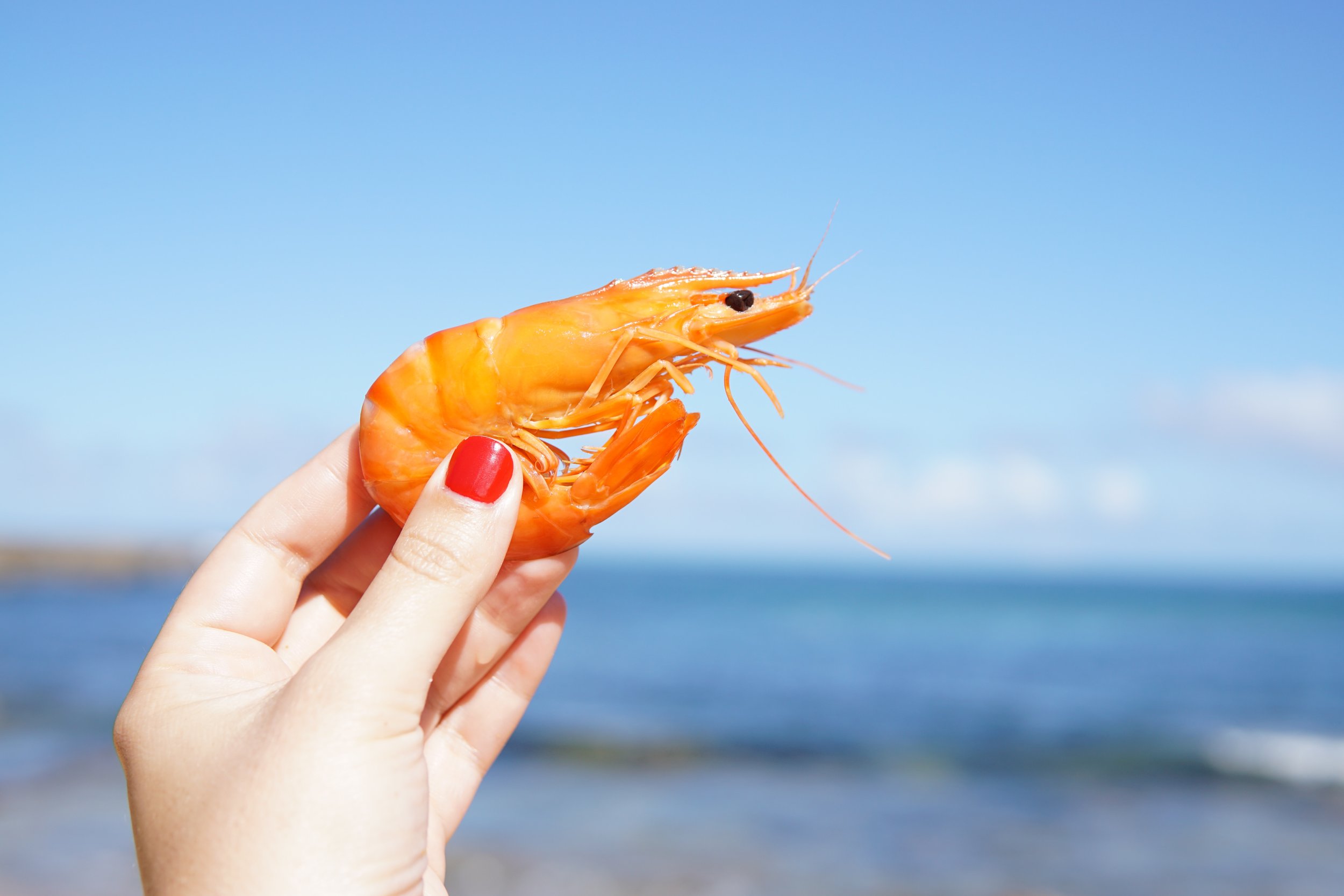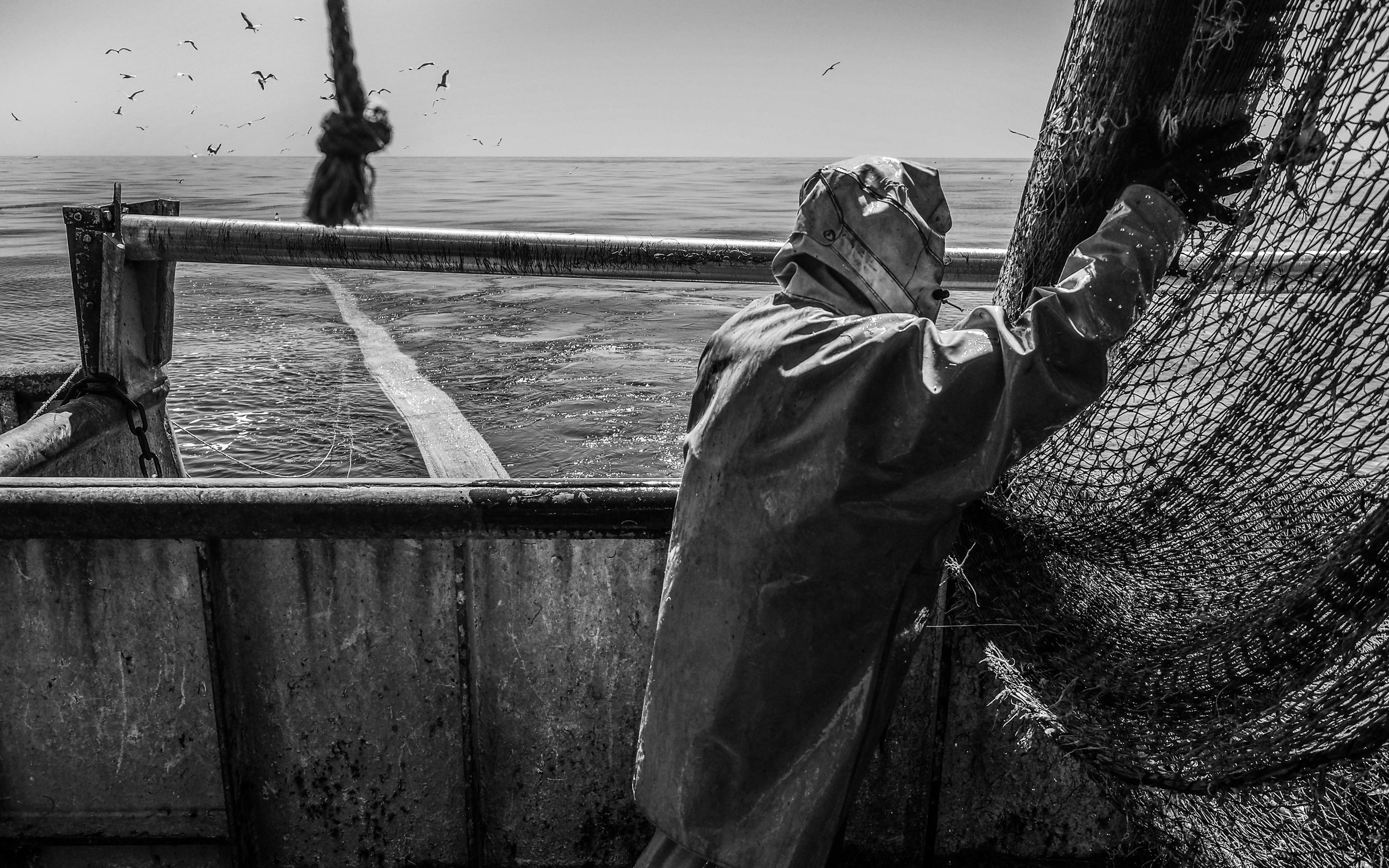At the occasion of the 20th session of the FAO subcommittee on trade, more than 19 CSOs and small-scale fisheries organisations, the signatories ask that FAO and its members adopt “blue food systems” that align with the ecosystem-based approach, the principles of social equity and animal welfare, and that they stop supporting the mass production of seafood through industrial feedlot aquaculture without consideration for the environment or local communities.
The crisis is deepening for Liberia artisanal fishers: the EU must listen and act
Encouraging the reform and enlargement of the Inshore Exclusive Zone (IEZ) in Liberia would reinforce the EU leadership on responsible fisheries governance and build on recent regional trends, such as the IEZ expansion in Ghana and the Senegalese government commitment to enlarge the area reserved to artisanal fishers.
Galapagos debt-swap: “These deals are being used to privatize the management of strategic areas without the consent of those who inhabit these territories”
Eva Martinez, an Ecuadorian lawyer expert in human rights and gender and working at the Centro de Derechos Económicos y Sociales (CDES), discusses with Andre Standing the complaint against the Galapagos debt-swap the CDES filed along with other civil society organisations. The complaint raised concerns about the lack of transparency, participation and effective accountability mechanisms as well as the loss of sovereignty of Ecuador to manage its natural resources.
UNOC: “Focusing on an imaginary funding gap for ocean conservation is a distraction from addressing the root causes”
In this short publication, prepared by Andre Standing, we contest the facts gathered in the preparatory note to the UN Ocean Conference panel focusing on unlocking finance for conservation of the oceans. We look at the false narrative of the funding gap and underscore the key criticisms facing these innovative finance tools, including debt-for-ocean swaps.
Will the UN Ocean conference uphold small scale fishers as “ocean rights-holders”?
In this article, the author looks at the 0 draft political declaration of this high-level summit on Sustainable Development Goal 14 “life below water” in the light of the demands of SSF organisations participating at the conference. For this, she underscores the failure of UNOC to bring a human-rights approach to ocean conservation, echoing criticisms brought forward by UN Special Rapporteurs on human rights and Civil Society Organisations.
Small-scale fishers should be at the centre of the European Oceans Pact
The EU should guarantee rights-based and equitable decision-making processes about ocean uses, ensuring the protection of the most vulnerable facing more powerful blue economy industries. Taking into account the role of artisanal fisheries in food security and poverty eradication in developing countries, the EU should also support SSF and sustainable fisheries management in its ocean partnership with African countries.
How private finance through blue bonds affects local communities: the Seychelles experience
Norway is flooding the EU market with unsustainable fish products, like farmed salmon – This should stop
In this article, the author underscores the ecological and social impacts of Norwegian intensive salmon farming, including the impact on food security in West Africa. The author remarks that while on the one hand, the European Union promotes fish for human consumption in Africa, on the other, the EU also opens wide its market gates for Norwegian farmed salmon, which is fed West African fish.
Will fishers be sidelined, once again, at the UN Ocean Conference?
Removing obstacles to co-management of West African artisanal fisheries
West Africa has pioneered several decades of artisanal fisheries management reform. Yet there are still major obstacles to co-management: a lack of political will reflected in low budgetary allocations; inadequate and poorly targeted support for fisher organizations; poorly defined roles and responsibilities of fishers in co-management; lack of enforcement of inshore exclusive zones; and inadequate defense of human rights and particularly the important role of women.
West Africa: The EU should promote human consumption over the production of fishmeal and fish oil
JOINT LETTER: 11 African artisanal fisheries organisations and development NGOs send a letter to Commissioners Virginius Sinkevicius and Jutta Urpilainen asking them to use the crucial voice of the EU through Sustainable Fisheries Partnership Agreements and the EU-Africa partnership to address the impending food crisis in the West African region linked to the fishmeal and fishoil production.
The EU must develop fisheries specific due diligence legislation
The Spanish presidency of the EU is seeking to finalise the negotiations for a corporate accountability directive before the end of December 2023, which would see European based companies take some degree of responsibility for what they do in third countries. We look at some key issues at stake for the third countries small scale fishers.
How can SFPAs improve working conditions for African crews on board distant water fishing vessels?
A year for artisanal fishers is not enough
2022, the International Year of Artisanal Fisheries and Aquaculture (IYAFA), has been a pivotal year for small-scale fisheries, meeting the UN’s goal of raising awareness about the role they play in employment, food security, nutrition, livelihoods, culture, and coastal communities well-being. Beyond recognition, there is an urgent need for concrete action in securing their access to marine resources and markets, as promised by States under Sustainable Development Goal 14.b.
Financing the 30x30 agenda for the Oceans: Debt for Nature swaps should be rejected
Joint statement - In the delivering on 30x30 and financing conservation, debt for nature swaps are gaining momentum. However, debt swaps should be rejected as they lack transparency and give undue power to foreign organisations over the policies of marine resources management of developing and small-island states.
UN Ocean Conference political declaration: where are the fishers?
The final declaration fails to appropriately acknowledge the role and importance of the biggest group of users of the ocean, - the artisanal fishers-, while it encourages private-public partnerships, capital market instruments and other forms of financing, that might end up destroying coastal fishing communities.
Understanding the conservation finance industry
Small-scale fisheries’ participation in decision-making is crucial for food security of African coastal communities
African and European artisanal fishers, together with their international partners, issue a joint declaration before the UN Food Systems Pre-summit underscoring their concerns about the overall process, the lack of consultation of small-scale fisheries stakeholders, and the promotion of large-scale industrial aquaculture by some of the UNFSS organisers.
Ensuring Gender Equity in artisanal fisheries
Coinciding with the celebration of the International Women’s Day, and looking at the upcoming International Year of Artisanal Fisheries in a year from now, the author reviews the dedicated Gender Guide for the implementation of the Voluntary Guidelines on Small-scale Fisheries, published by FAO and ICSF in 2017.





















